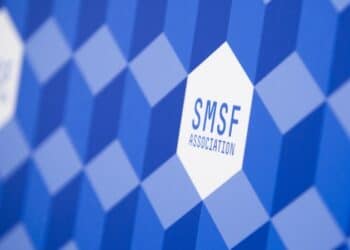“We are aware that there are many Australians stuck in pre-20 September 2007 retirement income products who are unable to exit due to limitations with the rules that apply to these products,” the FAAA stated in a submission to Treasury.
The submission continued that the FAAA is aware there were material Centrelink asset test benefits in acquiring these products prior to 20 September 2007 in the form of lifetime, life expectancy or market-linked super income stream products.
“In many cases, the residual value or commutable balance will have fallen significantly since these products were initially commenced. Thus, the asset test benefit will have declined as well,” it said.
“It is appreciated that this asset test treatment benefit will be lost as a result of exiting from these products. It is important that there are no other penalties, including any lookback or claw-back mechanism, that may be applied to reassess government pension benefits paid in prior years.”
Furthermore, the FAAA said it understands the commutation of these income streams would result in them being treated as an asset-tested income stream from the date of commencement, with excess payments recouped for up to five years.
“We ask that legislative mechanisms are introduced to ensure that this does not occur. In the absence of resolving this issue, there would be little incentive for these members to take advantage of this reform, undermining the good policy intent as proposed.”
Additionally, the FAAA said access to financial advisers with expertise relevant to legacy products is crucial and encouraged the government to be open to the consideration of an extension should complications arise that reduce or delay the uptake of this measure.
“Given the complexity in exiting these products and the expected difficulty in getting access to financial advice on this measure, we believe that other forms of communication with impacted SMSFs and the provision of guidance by the ATO to financial advisers, accountants and trustees is critical.”
“We are conscious that there will be many SMSF members who have since passed away who have an entitlement to a reserve in an SMSF. There is significant additional complexity involved with these cases and limitations on how this can be treated as they no longer have access to non-concessional contribution caps.”
The FAAA recommended that a beneficiary of the deceased person should not be compelled to become a member of an SMSF to receive any entitlement.
“We think that more needs to be done to help resolve these cases, including potentially allowing the payment of these reserves as a death benefit. In the absence of further provisions to deal with reserves related to previously deceased members, it will not be possible to achieve the broader goal of resolving these reserves that are remaining in the superannuation system.”


